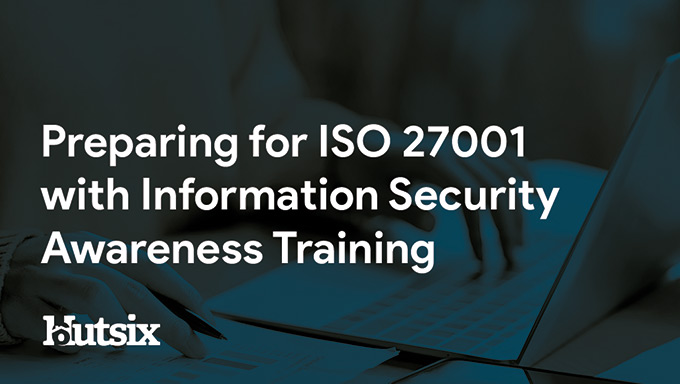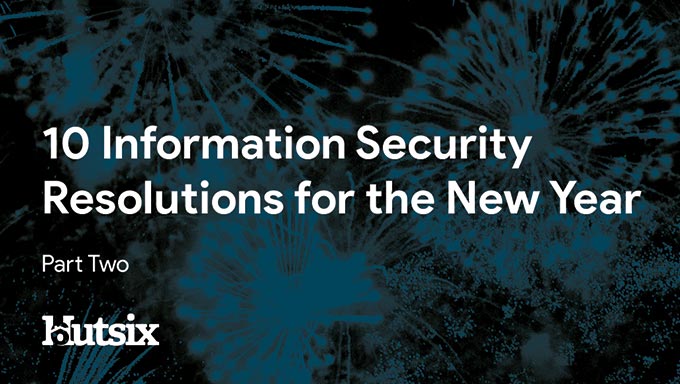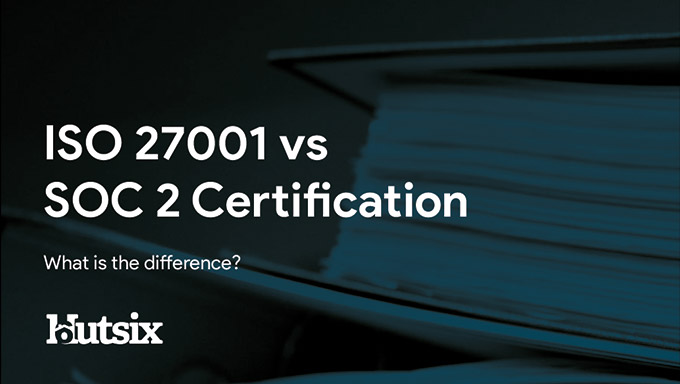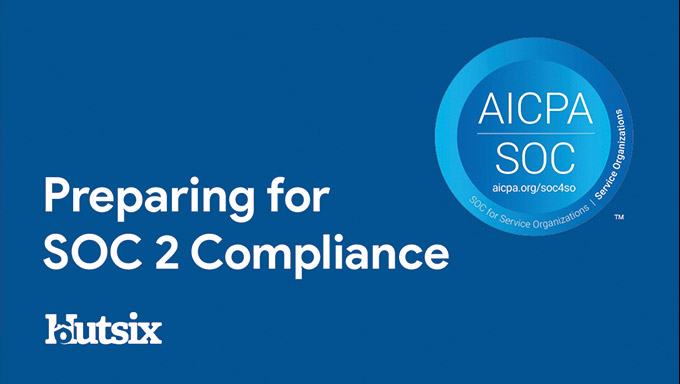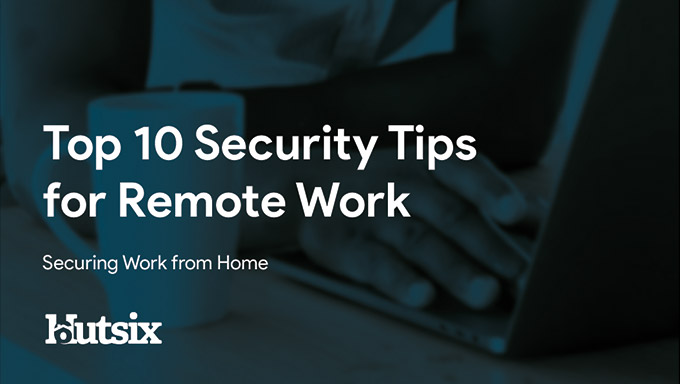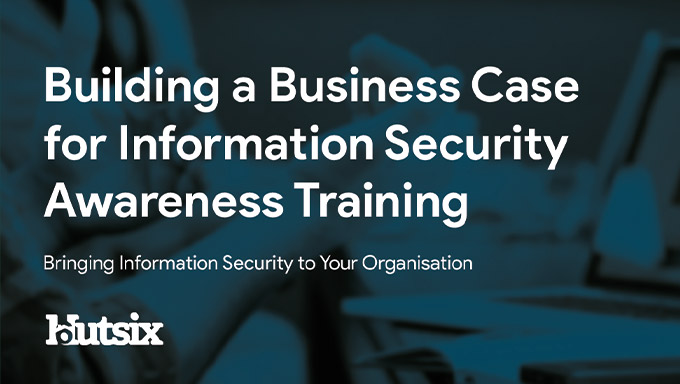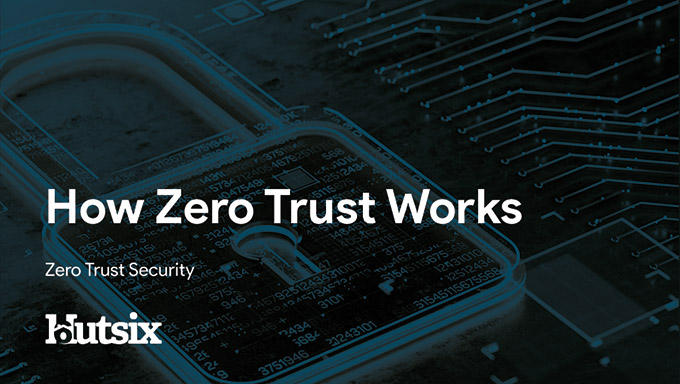Virtual Privacy Networks for Businesses
Best VPNs for work: with working from home becoming increasingly common, protecting your digital information is an essential. Though as with most digital tools, and the booming VPN market, organisations and consumers now have a wide range of options to choose from.
Why Use a Virtual Privacy Network (VPN)?
VPNs are often marketed to consumers on their secondary benefits, such as being able to access regionally restricted content (e.g., Netflix), but Virtual Privacy Networks provide a valuable service for keeping organisational information safe and secure.
Using unsecure public Wi-Fi networks in particular, makes it far easier for cyber criminals to intercept data being transmitted, leaving your and your organisation open to exploitation and information security attacks.
With the use of a Virtual Privacy Network, the data you transfer across networks is passed through what is commonly referred to as an encryption tunnel, protecting your data and activity from anyone wishing to observe or record it.
For organisations, VPNs are also commonly used as a secure tunnel into internal networks, allowing remote access to intranets and internal services.
Which are the Best VPNs for Work in 2021?
As with many online services, preferences often rely on your individual and organisational requirements. Unlike an individual VPN user, businesses require, amongst other things, integration with other services, oversight and management, as well as all important ability to access corporate networks and servers.
- Access to internal services/files servers
- High security
- Management tools
In no particular order, below are the 5 best VPNs for work, each of which is widely used and considered to be reliable. Each with their own strengths and weaknesses, here is a brief summary of just some of their respective features; helping you decide which is the best VPN for your work in 2021.
- Cisco AnyConnect
Designed with scalability in mind, AnyConnect VPN is American multinational Cisco’s VPN offering.
Based in San Jose, California, AnyConnect ticks many of the boxes for enterprise level clients. With multi-factor authentication (MFA) and the integration that you would expect from such a company, AnyConnect is generally regarded as one of the more polished and sturdy products available.
As well as all of the basics, AnyConnect also allows organisations a detailed view into user activity, with network monitoring, policy compliance enforcement, web inspection and malware protection.
With 24/7 live customer support, as well as enterprise-level technical support for application managers, AnyConnect also unsurprisingly integrates easily with other Cisco solutions, giving your network enterprise-wide risk protection.
- Perimeter 81 Enterprise VPN
Created for businesses and organisations of all sizes, Perimeter 81 provides a variety of packages, depending on specific needs.
Designed to integrate easily with common solutions, such as Amazon Web Services (AWS) Salesforce, G Suite and Microsoft Azure, Perimeter 81 also offers web, desktop or mobile app usage.
Covering all major platforms (Mac, Android, Windows and iOS), this enterprise offering additionally provides clients with activity audits and reports, giving an organisation the ability to monitor logins, gateway deployments and app connections.
Geared towards professional use, clients can also make us of the DNS filtering feature, allowing certain websites, site categories and even IP addresses to be blocked to users.
Perimeter 81’s enterprise VPN also has Zero Trust Access capabilities. As an IT security model based on the principle of ‘never trust, always verify’, zero trust requires both user and device authentication.
Along with many other features, this VPN provider also offers 24/7 customer service and has over 700 servers located in 35 different locations.
- Twingate
Not technically a VPN, Twingate markets itself as an alternative solution for secure remote access for a distributed workforce.
Delivered as a cloud-based service, Twingate is dissimilar from a VPN as traffic is routed more directly from user devices to destination services (corporate servers, Google, Dropbox, etc.), as apposed to being directed via a VPN server hub first, effectively cutting out the middleman.
As with the Perimeter 81 Enterprise VPN solution, Twingate also works on a zero-trust networking model, letting organisations grant users access to resources on a ‘least privilege basis’.
Twingate also happens to offer a free starter plan for two users, a business plan for a maximum of 150, and like many of the other options listed here, a custom Enterprise plan.
Easily integrated with other platforms, such as Okta, Google and Microsoft, one downside of this service worth noting is that it does not currently offer 24/7 support.
- OpenVPN
One of the two open-source solutions featured on this list, both OpenVPN and WireGuard stand out as quite unique, chiefly because both these VPNs are completely free. Considered by some to be the gold standard of VPN protocols, OpenVPN is a free and full-featured VPN Client.
As an open-source solution, there is a large community of contributors continuously working on to find bugs, issues or exploits in OpenVPN code, meaning these tend to be discovered and corrected quickly.
Supporting all major operating systems as well as many of the less common ones (QNX, Solaris and ChromeOS), OpenVPN utilises 256-bit encryption via OpenSSL, a software library used to secure communications across networks.
It is also worth noting that, for those of you looking for additional configuration tools, OpenVPN Technologies Inc. (the team behind the software) also have a paid subscription service – OpenVPN Access Server (OpenVPN-AS).
- WireGuard
Like OpenVPN, WireGuard is a completely free and open-source VPN connection protocol, built for ease of use, strong security and as an alternative to other more ‘over-engineered’ solutions.
As a relative newcomer to the world of VPNs, WireGuard is often praised for its simplicity in design. Whereas an option such as OpenVPN weighs in at approximately 600k total lines of code, WireGuard operates in much the same way, but with only around 1% of this codebase, making security audits easier and operating with a considerably smaller ‘attack surface’.
WireGuard has achieved this by being highly focused on just providing a secure connection and there isn’t much in the way of management tools available.
Praised for its speedy performance and cross-platform ease of use, WireGuard is a VPN free of frills or extras. And yes, again, it is free.
*The figures and information cited within this article are subject to change. Hut Six Security does not specifically endorse, or advocate the use of, any of the above-listed services, nor does it have any affiliation to any of the companies/providers mentioned.
Security Awareness for your Organisation
Enjoyed our blog? Learn more about how Hut Six can help improve you security awareness with training and simulated phishing. Start a free trial now, or book a meeting with one of our experts.
Featured
Preparing for ISO 27001 with Information Security Awareness Training
Information Security Awareness Training and ISO 27001 blog by information security awareness training provider Hut Six Security
Information Security Resolutions for the New Year: Part Two
Information Security Resolutions for the New Year: Part Two. Information security for 2021 blog post by Hut Six Security.
10 Information Security Resolutions for the New Year: Part One
Information security in 2021: blog by Information security awareness training and phishing simulation provider Hut Six Security.
ISO 27001 vs SOC 2 Certification - Hut Six
Find out the key differences between ISO 27001 and SOC 2 and which one is best for your business. Learn about both security standards, focus areas, and the benefits of each one to make an informed decision.
The Five Biggest Breaches and Hacks of 2020
The Five Biggest Breaches and Hacks of 2020. Information Security blog by Information Security Awareness provider Hut Six Security.
Preparing for SOC 2 Compliance - Hut Six
Preparing for SOC 2 Compliance. What are the 5 Trust Service Principles? Security · Availability · Processing Integrity · Confidentiality · Privacy
Top 10 Security Tips for Remote Work
Top 10 Security Tips for Remote Work. Securing Work from Home blog image by Information Security Awareness Training provider Hut Six Security.
Building a Business Case for Information Security Awareness Training
Building a Business Case for Information Security Awareness Training blog by Information Security Awareness Training provider Hut Six.
How Zero Trust Works
How Zero Trust Works - Zero Trust Security blog by Information Security Awareness Training provider Hut Six Security.
How to Write a Cyber Job Specification
How to Write a Cyber Job Specification: Finding the Best Cybersecurity Talent. Cyber blog by Information Security Awareness solution provider Hut Six Security.

